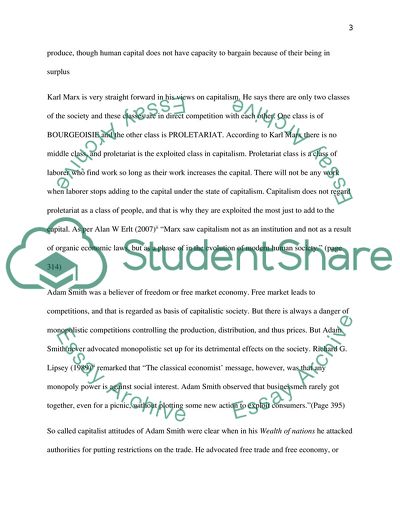Cite this document
(“Not Found (#404) - StudentShare”, n.d.)
Not Found (#404) - StudentShare. Retrieved from https://studentshare.org/politics/1741579-adam-smith-and-karl-marx-contrasting-views-of-capitalism
Not Found (#404) - StudentShare. Retrieved from https://studentshare.org/politics/1741579-adam-smith-and-karl-marx-contrasting-views-of-capitalism
(Not Found (#404) - StudentShare)
Not Found (#404) - StudentShare. https://studentshare.org/politics/1741579-adam-smith-and-karl-marx-contrasting-views-of-capitalism.
Not Found (#404) - StudentShare. https://studentshare.org/politics/1741579-adam-smith-and-karl-marx-contrasting-views-of-capitalism.
“Not Found (#404) - StudentShare”, n.d. https://studentshare.org/politics/1741579-adam-smith-and-karl-marx-contrasting-views-of-capitalism.


